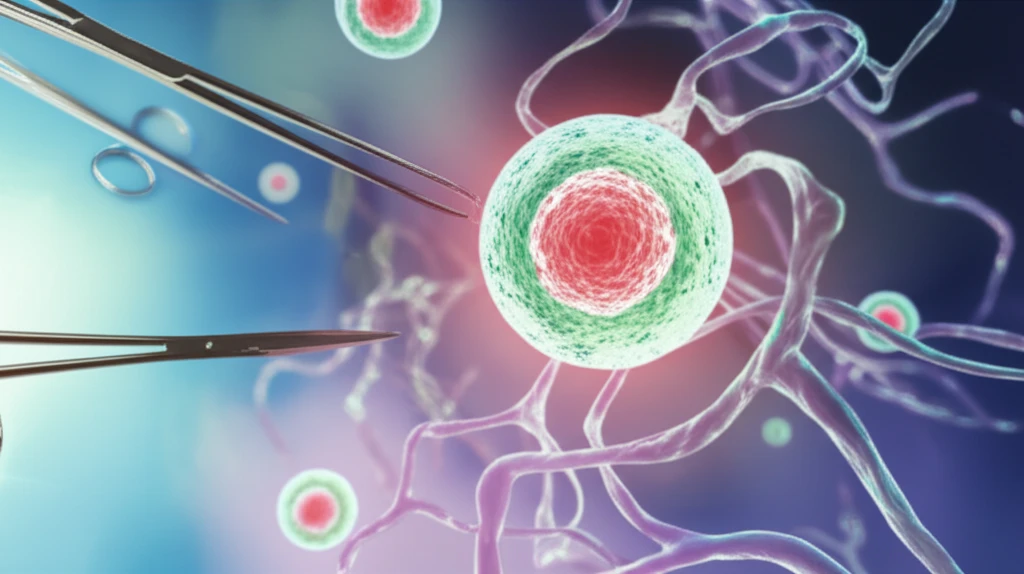
Non-Hodgkin's Lymphoma: Understanding Treatment Options and the Role of Surgery
"A comprehensive guide to Non-Hodgkin's Lymphoma, exploring when surgery might be necessary and what to expect."
Non-Hodgkin's lymphomas (NHLs) are a diverse category of blood cancers that originate in lymphocytes, a type of white blood cell integral to the immune system. These cancers exhibit significant variation in severity and behavior, making understanding their nuances critical for effective management.
While surgery has not been a primary treatment modality for NHL due to the success of chemotherapy, biological therapies, radiotherapy, and stem cell transplantation, it maintains specific roles in diagnosis and management. This article explores when surgery becomes a valuable tool in the fight against NHL.
We'll delve into the situations where surgery is considered, from confirming diagnoses to addressing complications. The aim is to provide a clear understanding of the current role of surgery in the context of modern NHL treatment strategies.
When is Surgery Necessary for Non-Hodgkin's Lymphoma?

Surgery plays a supporting role in the management of NHL. Here are the primary scenarios where surgical intervention may be recommended:
- Diagnostic Biopsy: When imaging results are inconclusive, a surgical biopsy can provide a definitive diagnosis by allowing for histological examination of the affected tissue.
- Removal of Symptomatic Limited Disease: Surgery can alleviate symptoms by removing localized tumors affecting specific organs, such as the spleen or intestines.
- Splenectomy for Splenic Lymphoma: In cases of primary splenic lymphoma, splenectomy (removal of the spleen) may be part of the treatment strategy.
- Emergency Abdominal Surgery: Acute complications like bowel obstruction or perforation may require emergency surgery for diagnosis and palliation.
Navigating the Future of NHL Treatment
While surgery has a limited role in the treatment for Non-Hodgkin’s Lymphoma it can be a valuable part of the process. Effective methods of treatment, such as chemotherapy, biological therapy, radiotherapy, and hematopoietic stem cell transplantation are more common. It is critical for anyone diagnosed with NHL to have a comprehensive discussion with their oncologist to determine the most appropriate treatment plan. Ongoing research promises further refinements in treatment strategies, ultimately improving outcomes for individuals affected by these complex cancers.
